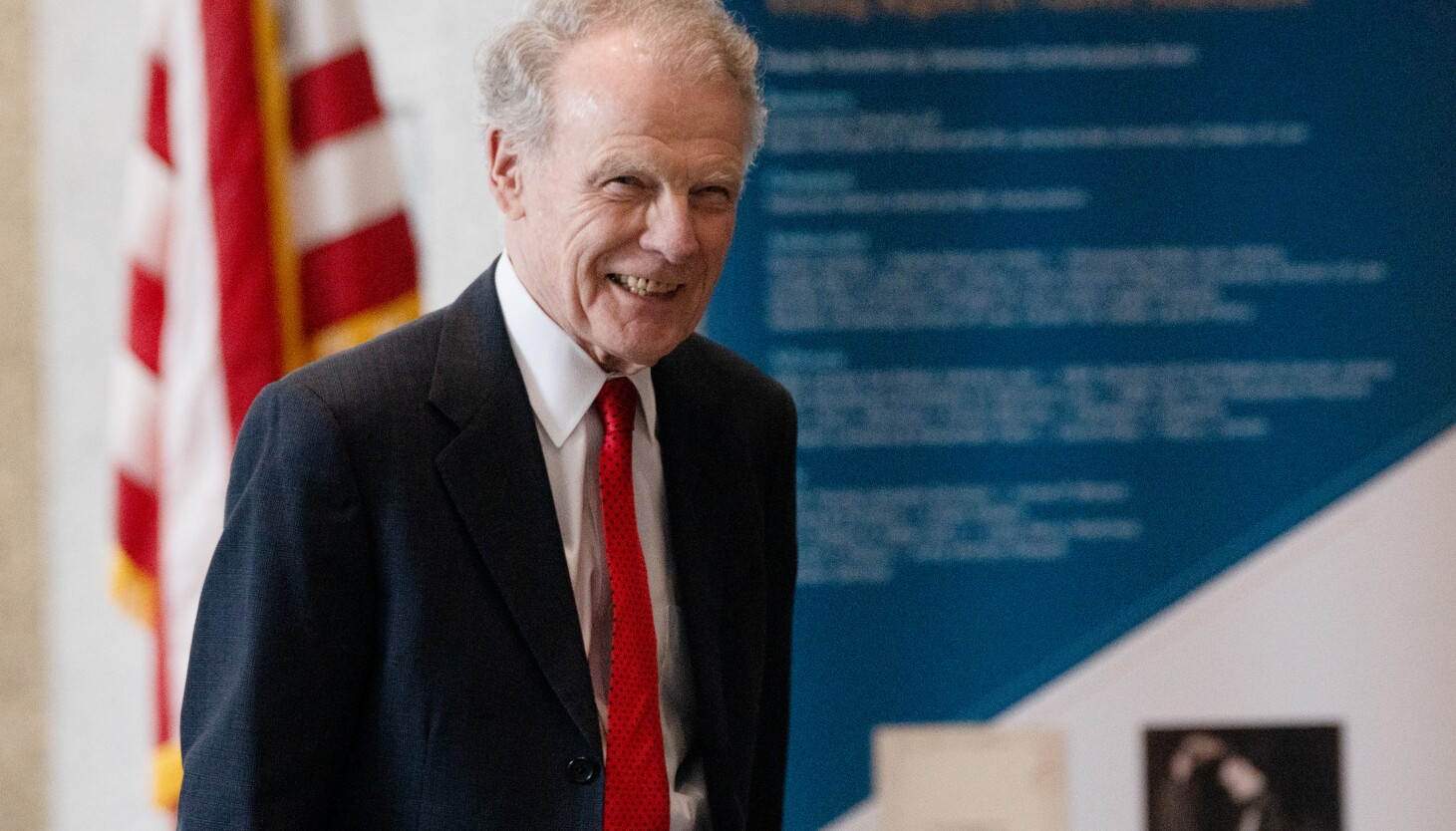
The high-profile racketeering bribery trial of former Illinois House Speaker Michael Madigan and his co-defendant, Michael McClain, has captivated the nation. Madigan, the longest-serving speaker of any legislative chamber in the country (1983-2021, excluding a brief Republican interlude), and McClain, a prominent lobbyist with ties to Commonwealth Edison (ComEd), face charges of racketeering conspiracy and bribery. Prosecutors allege ComEd bribed Madigan with no-work jobs and contracts for his allies in exchange for legislative favors, and that Madigan and McClain extorted developers for lucrative tax work for Madigan’s law firm. Both defendants maintain their innocence.
The trial, initially projected to last 10 weeks, began with a seven-day jury selection process resulting in a panel of eight women, four men, and six alternates. Judge John Blakey quickly signaled that the trial’s estimated length was likely inaccurate. Opening statements on October 21st saw Assistant U.S. Attorney Sarah Streicker accuse Madigan and McClain of “corruption at the highest levels of state government,” a claim countered by defense attorneys who dismissed the prosecution’s case as relying on “bad information” and “unreliable sources.” Madigan is accused of five schemes involving alleged bribes from ComEd and AT&T, a claim his defense attorney attempted to deflect by emphasizing Madigan’s alleged unawareness of his associates’ actions.
Early testimony included former state legislators who described Madigan’s significant influence on legislation. One witness recounted a conversation where McClain instructed him to step down amid sexual harassment allegations, implying Madigan’s involvement. The prosecution also presented evidence of Madigan and McClain’s close relationship, including a phone call where Madigan placed a soup order using McClain’s phone, highlighting Madigan’s unusual avoidance of personal cell phones and email. Testimony further detailed how Madigan and McClain allegedly rewarded loyalists with no-work jobs and financial support, even when those loyalists faced misconduct allegations. A secretly recorded conversation between Madigan’s senior advisor and McClain discussed fundraising for an ally who had lost his job due to sexual harassment accusations.
The government’s case heavily relies on secretly recorded conversations and testimony from former Madigan associates, including Fidel Marquez, ComEd’s top lobbyist, who wore a wire. Marquez’s recordings revealed McClain describing ComEd jobs as “an old-fashioned patronage system” and warning against written communication. Prosecutors also presented evidence suggesting Madigan’s son, Andrew, worked with McClain to secure a job for a friend at People’s Gas. Defense attorneys consistently challenged the credibility of witnesses and the lack of explicit instructions from Madigan. Testimony regarding “no-work” subcontracts at ComEd involved Ed Moody, a Madigan operative, who admitted to receiving $354,000 despite minimal work, stating Madigan rewarded him for loyalty. Recordings revealed Madigan’s desire to place Juan Ochoa on ComEd’s board, seemingly as a political favor.
Former Chicago Alderman Danny Solis, a key prosecution witness, provided secretly recorded conversations with Madigan detailing efforts to steer developers towards Madigan’s firm for tax appeal work. However, Solis’s testimony was heavily scrutinized due to his own past misdeeds, including accepting favors from developers and engaging in sexual misconduct. Under cross-examination, Solis acknowledged numerous improprieties, including receiving significant undeclared income. His testimony spanned six days and 21 hours.
The prosecution also focused on Andrew Madigan, alleging he received $43,000 from a deal linked to his father’s alleged corruption. Testimony from Tom Cullen, a Madigan staffer, described AT&T offering a former state representative “busy work” in exchange for $2,500 monthly payments. Despite objections regarding competency, former Illinois State Representative Edward Acevedo testified, ultimately facing a judge’s warning about contempt of court. Congresswoman Nikki Budzinski testified about Governor Pritzker’s consideration of job recommendations from Madigan but stated Pritzker didn’t act on them for improper gain. After presenting evidence related to Acevedo, the prosecution rested its case.

